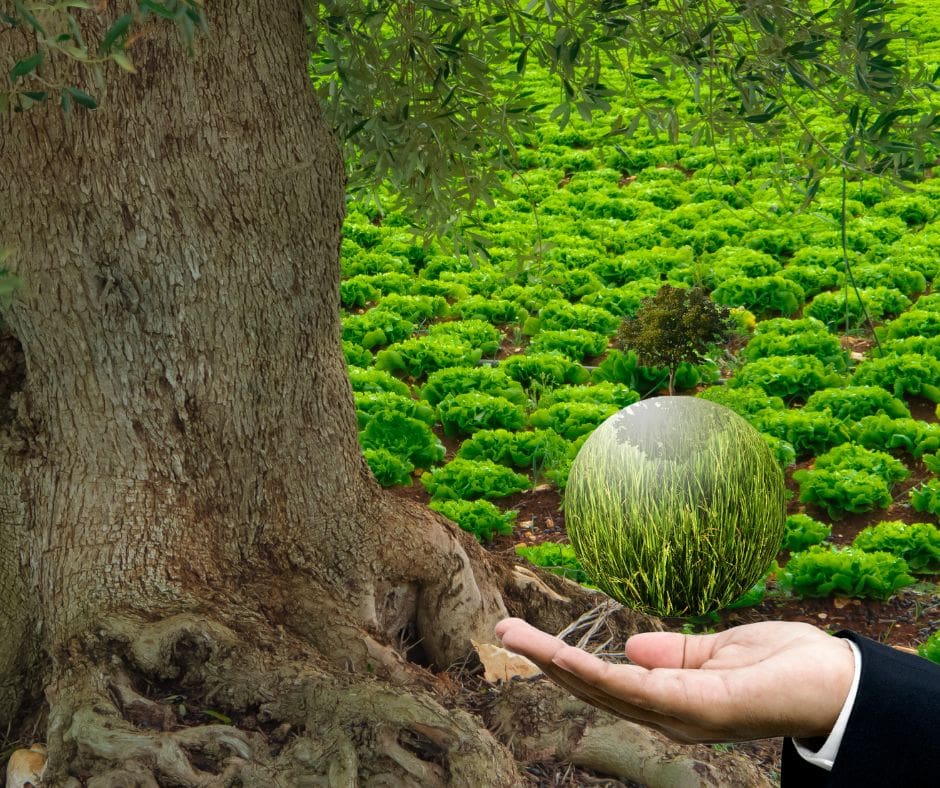Costa Rica, known for its lush biodiversity and commitment to environmental preservation, has become a prime destination for those interested in sustainable agriculture. This Central American nation is not just a haven for tourists seeking a taste of tropical paradise but also for investors and lifestyle buyers aiming for a sustainable, self-sufficient way of living. This article delves into various opportunities across the country where one can engage in sustainable agriculture, focusing on coffee farms, permaculture plots, and organic fruit orchards.
Coffee Farms: Tradition Meets Sustainability
Costa Rica’s coffee is renowned worldwide, deeply rooted in rich volcanic soils that sprawl beneath mountainous landscapes. These conditions are perfect for Arabica beans, which thrive in the cool climates of higher altitudes. Sustainable coffee farms are widespread, particularly in regions like Tarrazú, Monteverde, and Heredia. These areas offer a chance to invest in existing coffee operations that focus on eco-friendly practices such as using organic fertilizers, preserving water resources, and maintaining biodiversity by conserving surrounding forests.
Investors can find farms that utilize shade-grown techniques, reducing the need for artificial chemicals and enhancing habitat for local wildlife. Many of these coffee estates also engage in direct trade practices, ensuring fair compensation for local farmers and fostering community development.
Permaculture Plots: Designing Eco-Systems
Permaculture in Costa Rica has taken off as more people seek ways to live in harmony with nature. Properties dedicated to permaculture are designed to mimic the natural ecosystem, promoting sustainability and resilience. Locations like the Nicoya Peninsula and the Southern Caribbean coast are hotspots for permaculture enthusiasts who implement systems of rainwater harvesting, solar energy, and natural building techniques.
These plots often come with community involvement opportunities, teaching and practicing permaculture principles that can be replicated to improve sustainability on a larger scale. These communities are usually open to newcomers and offer workshops and courses, making them ideal for those looking to deepen their understanding of sustainable practices.
Organic Fruit Orchards: Diversity on the Land
The tropical climate of Costa Rica allows for a year-round growing season, making it perfect for cultivating a wide variety of fruits. Properties with organic fruit orchards might focus on popular exports like pineapples and bananas or cater to local markets with rarer fruits like guanabana or passionfruit. Regions such as Limón and Puntarenas offer expansive plots where organic practices are prioritized to ensure the health of the soil and ecosystems.
These orchards not only provide a steady source of income through both local and international sales but also offer a tangible connection to the land. Many orchard owners combine their agricultural activities with eco-tourism, offering tours, workshops, and farm-to-table dining experiences.
Eco-Tourism: A Sustainable Supplement
Integrating eco-tourism into agricultural estates is a growing trend in Costa Rica. This approach provides an additional revenue stream while educating visitors on the importance of sustainable practices. Tourists can participate in coffee harvesting, learn about permaculture design, or enjoy the natural beauty of organic orchards. This not only enhances the economic viability of the farms but also spreads awareness about sustainable living practices globally.
“Exploring sustainable agriculture in Costa Rica offers a blend of lucrative investment opportunities and a chance to contribute positively to the planet. Whether through the beans of the finest coffee, the diverse ecosystems of permaculture, or the lush greenery of organic orchards, each estate offers a unique path to self-sufficiency and ecological responsibility”







